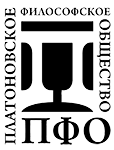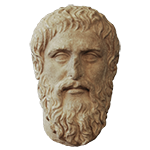

|
The Universe of Platonic Thought Универсум платоновской мысли 31st International Conference · XXXI Международная конференция 22–23 June 2023 St Petersburg, Russia · 22–23 июня 2023 Санкт-Петербург, Россия |

|
 |
 |
 |
 |
 |
||||||||
| About Conference | Program | Abstracts | Photos | |||||||||
 |
 |
 |
 |
 |
 |
 |
 |
 |
© 2024 Plato Philosophical Society (Russia)
 Русская версия
Русская версия